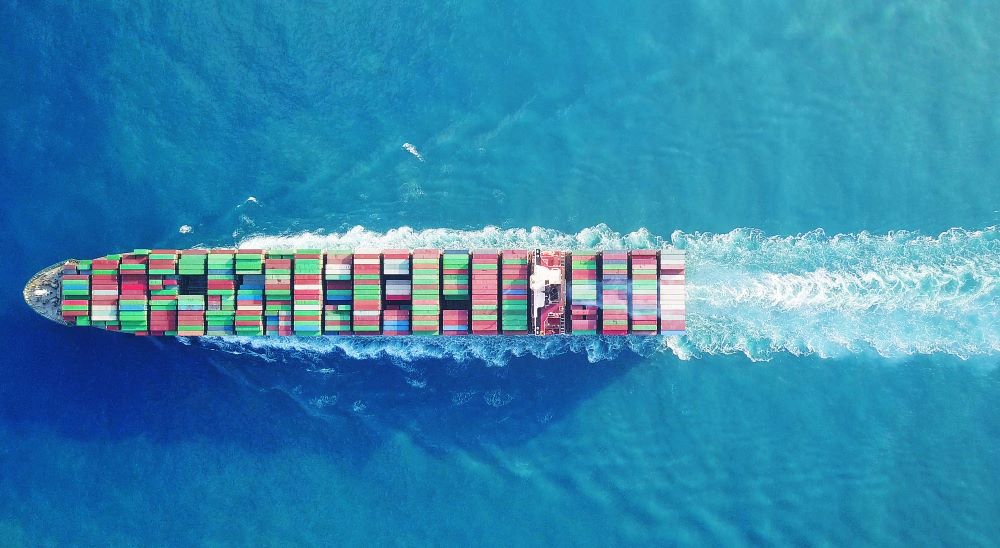
By Victor Bwire
Countries in the Nile basin have a window of opportunity to adopt and implement sustainable development paths by embracing a transboundary approach in terms of environmental security, human well-being, and increased joint cross-border investments. There are already inter-governmental bodies and policies to guide such ventures for the mutual benefit of the inhabitants, despite our different political situations.
A more joint approach to making choices for the region on infrastructure, energy, climate change, and food production among others will shape the opportunities and options for the region.
Development experts have pointed out that the region’s future depends on the ability of the individual countries to rise above limited nationalistic interests and mobilize natural resources and investments in a sustainable manner and that it’s only through well-planned utilization of these resources in the context of existing regional policies and frameworks. Several feasibility studies by bodies such as the Nile Basin Initiative show the potential in the region, through joint transboundary investments.
Countries in the Nile Basin have similar development plans and have signed the same regional and global development conventions to actualize the larger circular economy principle which is part of SDG 12 to which they are signatories and thus have a responsibility to promote proper natural resource utilization.
According to NBI, the hydropower potential in the Nile Basin exceeds 20 gigawatts (GW) with countries in the basin depending on hydropower to varying degrees, with Burundi, DR Congo, Ethiopia, and Uganda reliant on it for 80 percent or more of their power. The Nile Basin remains the only region on the African continent without a functional regional power grid.
The completion and commissioning of the regional Rusumo Falls Hydroelectric project and its success will be a breakthrough. Similar projects on Mara River, White and Blue Niles, and River Tana among others will be highly welcome. We only need the political will of the regional leaders.
The volumes of power traded amongst Nile countries are electricity supply in the Nile countries (except for Egypt) is inadequate, unreliable, and expensive. Accordingly, electricity consumption in the region is among the lowest in the world. Urban areas are significantly better served than rural areas, where the bulk of the population remains dependent on biomass energy sources, with associated negative impacts on the environment.
NBI and her subsidiary investment instruments such the as the Nile Equatorial Lakes Subsidiary Action Program Coordination Unit (NELSAP-CU) take largely about the potential in the region’s blue economy and clearly acknowledge that there are new opportunities for uses of the marine resources, including proper water management and utilization policies and programs but such interventions must minimise the risks that come with the investment in such resources and increase benefits to the local communities.
A lot for focus is on some region’s countries on blue economy utilization focuses on the coastal economies at the expense of the vast opportunities in the riverine economies in the Nile basin. Just for example, there was too much focus and attention on the border dispute with Somalia, that the attention was given to the conflict in Migingo Island in Lake Victoria. Or evening the county feeling pressured to sign the treaty establishing the Nile River Basin Commission, which will provide the much-needed political will for the proper development of the region.
A recent meeting led to the Kampala Declaration on Transboundary Water Resources Management in Africa. Organized by the African Network of Basin Organizations (ANBO) in collaboration with NBI, African Ministers’ Council on Water (AMCOW), GIZ, and the World Bank, this first of its kind affirmed that there is an urgent need for closer cooperation among these institutions to not only enhance their respective organizational capacities.
On the blue economy development focus, many of the countries’ building blocks are anchored on increasing profits for value chains and producers, improving the environment: economic efficiency, low carbon development, investing in natural capital and ecosystem services, and efficient markets that internalize all social and environmental costs. transport, and water infrastructure systems; affordable and environmentally friendly housing; equitable access and governance of natural resources; environmentally aware citizens and green consumers; and new measurements of well-being and sustainable economic welfare that are publicly available.
Written by Director, Media Training and Development Victor Bwire